For the planet
I didn’t realize that factory farming had such devastating effects on our environment, in addition to harming people and the animals we share this planet with.
Greenhouse Gas Emissions
The production of meat and dairy is one of the biggest contributors to global warming due to the emission of greenhouse gases such as methane and carbon dioxide (CO2).
The figures vary. According to some studies, human-induced global greenhouse gas emissions as a result of factory farming is responsible for around 14.5%.
Other studies estimate the contribution of factory farming to be significantly higher, between 18% and 30%. Either way, it is considerably higher than the total combined emissions of the entire transportation sector including all road, rail, air, and sea transportation.


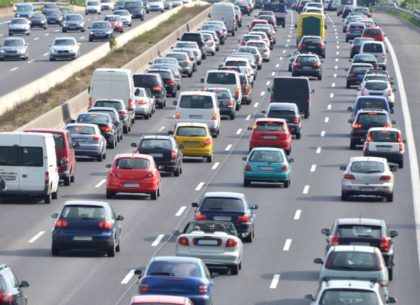
The impacts of global warming are far-reaching; their extent is, as yet, unknown. However, some dramatic consequences are already revealing themselves.
Rising sea levels and melting glaciers, more frequent and severe extreme weather events, such as floods, tropical cyclones and massive droughts are already part of our reality.
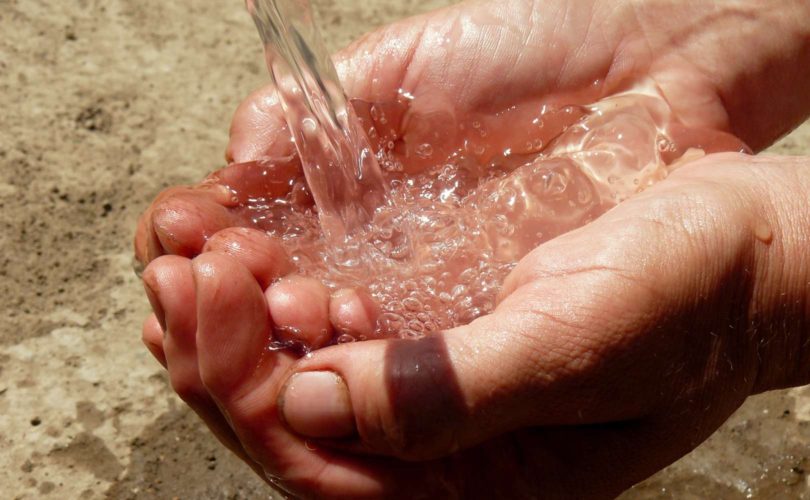
Water Use
70% of the overall amount of fresh surface and groundwater is currently being used for agriculture, 20% by industry and 10% for private consumption.
The production of meat and dairy products uses enormous quantities of water. Just as an example, the production of a single beef burger requires approximately 660 gallons of water, which is the equivalent of showering for two months.

Water is a valuable and limited resource. In some regions of the world there are already water shortages.
According to WaterAid more than 650 million people live without access to clean water – with disastrous consequences to the health and social situation of local populations.

Water pollution
Animal agriculture is one of the biggest water polluters. The frequent use of fertilizers, liquid manure, pesticides and antibiotics in factory farming is polluting groundwater and nearby bodies of water.
In intense agriculture, huge quantities of manure and fertilizers are dumped upon cultivated fields. Through these fields, chemicals like nitrogen and phosphor from the manure seep into the water and disturb its sensitive biocenosis balance.
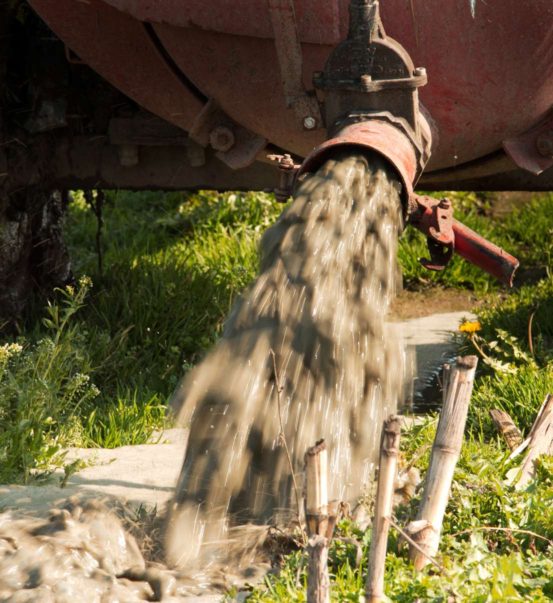
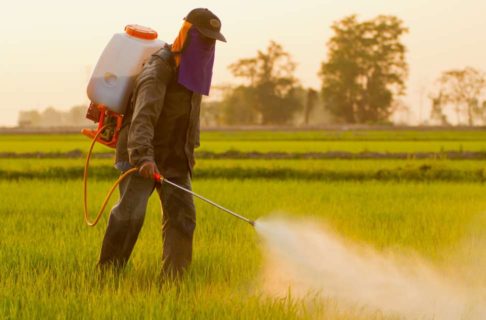
Besides dung and manure, pesticides used in farming are posing a threat to the environment: In agriculture more than 10,000 pesticides are used globally. Any residues of these pesticides may seep into the groundwater and therefore make it into our drinking water.
Pesticides are harmful to our health. It is suspected that they cause cancer and infertility.
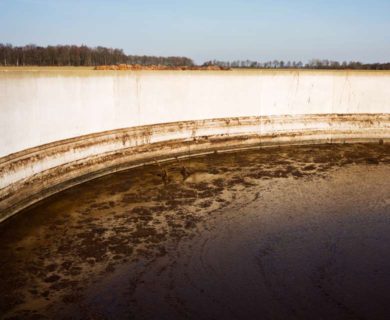
Land Use
The production of meat requires excessive land use; it is the least efficient agricultural use of land. More than one third of the total global surface area of our planet is being wasted on industrial animal farming, including the cultivation of corn and soy for animal feed.
Meat consumption is especially high in Western industrialized countries. However, our own land area is not sufficient to meet the demands for fodder of farmed animals.
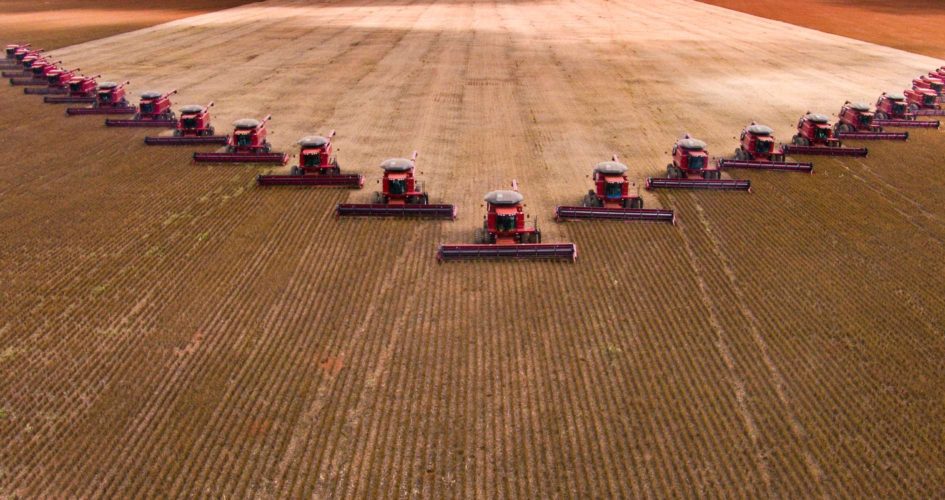
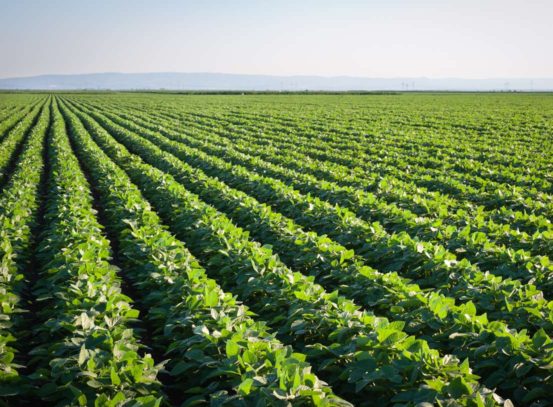
Hence our cultivation of animal feed for factory farmed animals extends to considerably large areas of developing countries, predominantly countries in South America and Africa.
The consequence: Land, essential for the cultivation desperately needed to grow food, is taken from local people. This is referred to as land grabbing.
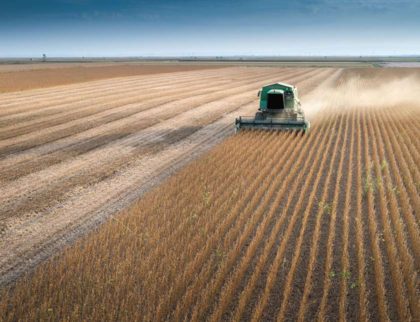
Deforestation
The increasing global demand for both pastures for cattle farming and crop areas needed for animal feed (mostly soy) for factory farms in Western nations leads to deforestation and the loss of valuable tropical rain forests.
The South American Amazon region is in a particularly precarious position: According to WWF some 46-58 thousand square miles of forest are lost each year—equivalent to 48 football fields every minute.
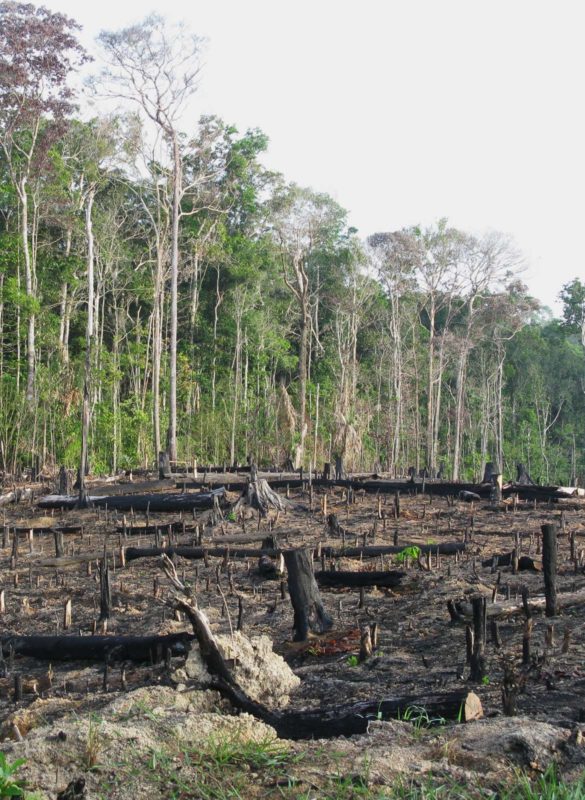
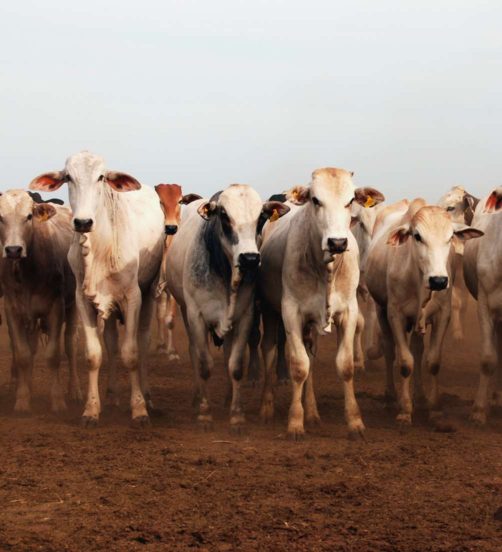
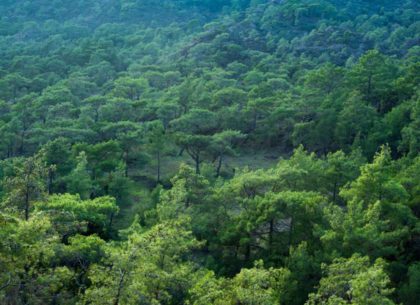
The rainforest is home to numerous animals, and also serves as the pharmacy, water store and climate regulator of the earth. Its destruction has serious consequences for both humans and animals.
Try Plant-based Today


